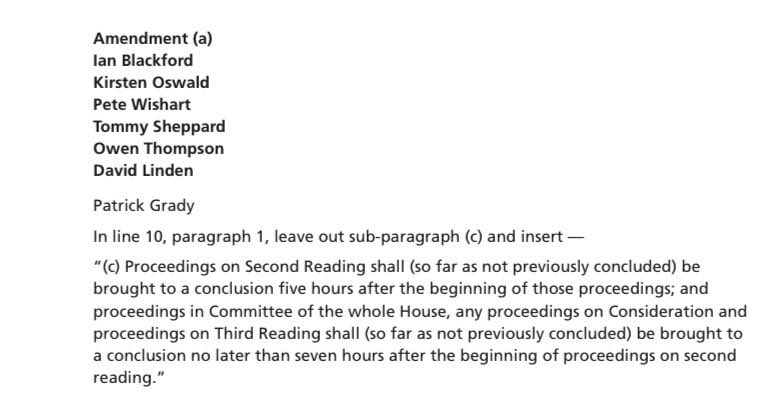
⭐️ What We Learned ⭐️
1: 2020, a thread. Like everyone, B4B faced countless curve-balls in 2020. Here are some things we learned, that helped us increase our influence in the toughest year we have lived through /
1: 2020, a thread. Like everyone, B4B faced countless curve-balls in 2020. Here are some things we learned, that helped us increase our influence in the toughest year we have lived through /
2: Act quickly: As Covid fears grew, we had a contingency plan ready by March 2, long before lockdown was a threat. By March 12, work from home was a thing, and on March 15 we closed the office completely /
3: Put the team first: In a crisis, you need the team more than ever. We got our staff from overseas back home early, trialled work-from-home early, put health (inc mental health) and working policies in place early, so everyone was clear what was happening /
4: Use the tech. Our team was already using Zoom, Slack and various other tools but they really came into their own to do the heavy lifting of working remotely, before the Covid nervousness became a full-blown crisis /
5: Keep the team vibe: Daily team Zooms – a huddle to get things going in the morning, an update in the afternoon, & always a willingness to use some of the time for social chit-chat & the small-talk that we take for granted in an office. /
6: Don’t wait for the Govt to act: a) Because, you know, sloooowness b) You’ll find yourself in a mad rush with everyone else in the Last Minute Lounge /
7: Spot the opportunities: With Westminster bars and coffee shops shuttered, everyone was trying to find a ‘new normal’. We worked hard to become part of that new normal /
8: Look out for each other: It’s good to talk, as they say. And, when it’s your turn to struggle a little, work should ease the pressure, not ramp it up /
9: Have a support network: If you work by yourself anyway, all of the above applies, but of course you‘ll need to have an external support network – FB groups, regular work contacts, whatever it takes not to disappear into a communications hole /
10: Biscuits: They’re the answer to so many problems /ends
• • •
Missing some Tweet in this thread? You can try to
force a refresh



